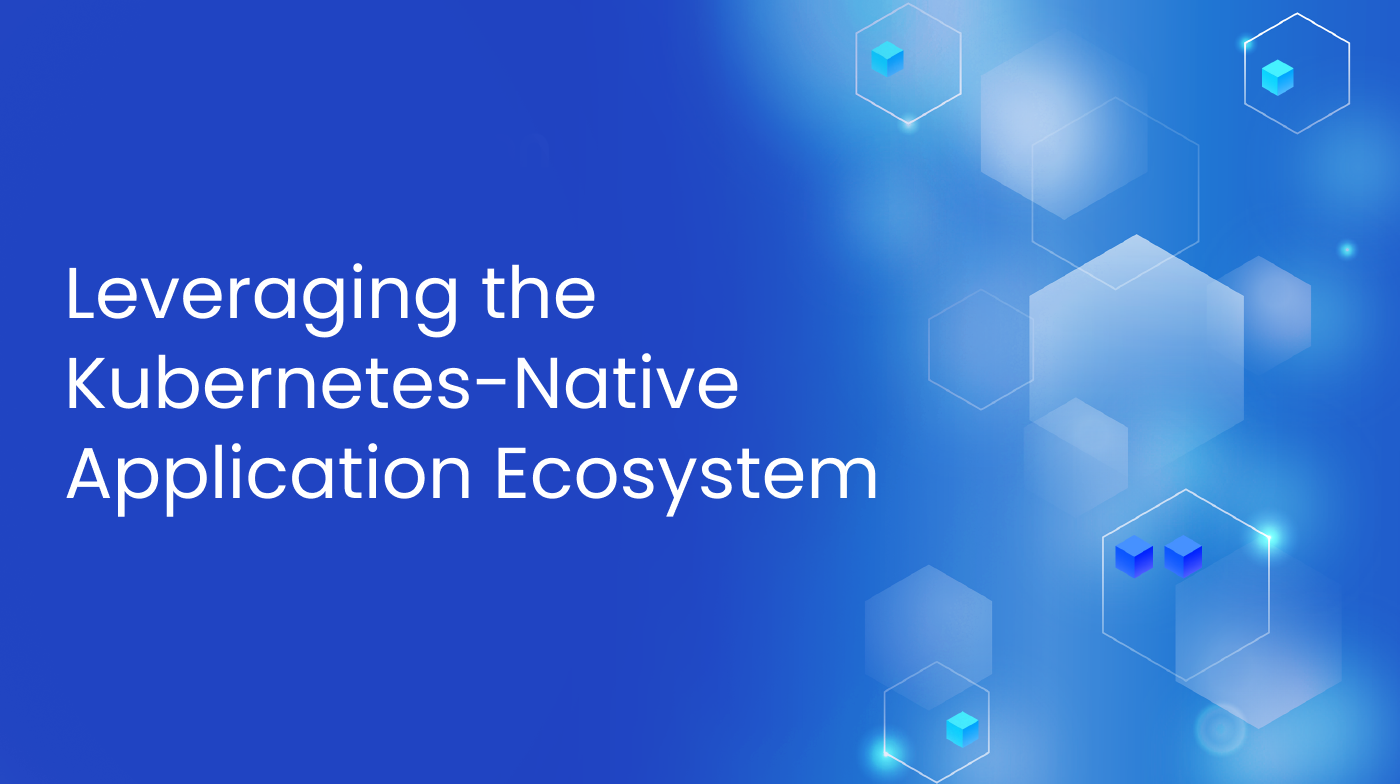Healthcare is one of the most demanding and complex industries in the world. Robotic Process Automation (RPA) is transforming healthcare operations by reducing manual tasks, minimizing errors, and optimizing workflows. From appointment scheduling to insurance claims processing, automation is playing a crucial role in making healthcare more efficient and cost-effective.
What is Robotic Process Automation (RPA)?
RPA is a technology that uses software bots to automate repetitive, rule-based tasks traditionally performed by humans. These bots can interact with digital systems, retrieve data, and perform actions based on pre-defined rules, eliminating the need for manual intervention.
Benefits of RPA in Healthcare
Improved Patient Experience
- Faster appointment scheduling: Bots can handle appointment booking, cancellations, and rescheduling.
- Reduced waiting times: Automating administrative tasks ensures that doctors and nurses spend more time with patients.
- Personalized care: RPA can integrate with electronic health records (EHRs) to provide customized patient recommendations.
Cost Reduction
- Lower labor costs: Automating tasks minimizes the need for additional administrative staff.
- Fewer human errors: Bots eliminate costly mistakes in billing and insurance claims.
- Optimized resource allocation: RPA helps distribute staff time effectively, reducing operational waste.
Enhanced Compliance and Data Security
- Regulatory compliance: Bots follow pre-set rules and ensure strict adherence to healthcare regulations.
- Data accuracy: Automation reduces discrepancies in patient records.
- Secure processing: RPA can encrypt sensitive data to minimize security risks.
Use Cases of RPA in Healthcare
Appointment Scheduling and Patient Registration
- Automates the patient onboarding process, reducing paperwork.
- Sends automated appointment reminders to reduce no-shows.
- Manages insurance verification instantly.
Claims Processing and Billing
- Automates claims submission to insurance companies.
- Reduces claim denials due to incorrect information.
- Ensures faster reimbursements by validating claim data.
Electronic Health Record (EHR) Management
- Retrieves patient history efficiently.
- Updates EHRs in real-time to avoid discrepancies.
- Improves interoperability between healthcare providers.
Prescription and Pharmacy Automation
- Automates prescription renewals and drug refills.
- Ensures compliance with dosage instructions.
- Reduces errors in medication dispensing.
People Are Always Asking
Is RPA replacing healthcare workers?
No, RPA is not a replacement for healthcare professionals. Instead, it assists them by taking over repetitive tasks, allowing doctors and nurses to focus on patient care.
What are the challenges of implementing RPA in healthcare?
- Integration issues: Legacy systems may not support automation.
- High initial cost: The upfront investment can be expensive.
- Staff resistance: Employees may fear job displacement.
How secure is RPA in handling patient data?
RPA systems are designed with strong security protocols, including data encryption and access controls, ensuring compliance with HIPAA and GDPR.
Potential Drawbacks of RPA in Healthcare
| Drawback | Explanation |
| High Implementation Costs | Initial setup and customization of RPA solutions can be expensive. |
| Complex Integration | Legacy systems might not be easily compatible with modern RPA tools. |
| Maintenance Requirements | RPA bots require regular updates to function effectively. |
| Limited Decision-Making Abilities | Bots follow predefined rules and cannot handle complex, non-standard scenarios. |
Expert Opinion: Tamer Badr on RPA in Healthcare
Tamer Badr, CEO of Singleclic, a leading digital transformation company, emphasizes:
“RPA is a game-changer for healthcare. It enhances efficiency, reduces operational costs, and improves patient experience. However, organizations need to implement it strategically, ensuring that it complements human roles rather than replacing them.”
Reviews from Healthcare Professionals
Dr. Sarah Mitchell, General Physician:
“Since adopting RPA, our administrative workload has decreased by 40%. It allows us to focus more on patient interactions.”
James Carter, Hospital Administrator:
“We’ve seen a 60% reduction in billing errors after implementing RPA. It’s a lifesaver for revenue cycle management.”
Frequently Asked Questions
How does RPA differ from Artificial Intelligence (AI)?
RPA follows rule-based automation, while AI can analyze data, learn from patterns, and make decisions.
Can small clinics benefit from RPA?
Yes! Cloud-based RPA solutions provide cost-effective automation options for small healthcare providers.
What is the ROI of RPA in healthcare?
Most hospitals see a 30-50% increase in efficiency and a significant reduction in costs within the first year.
Conclusion
Robotic Process Automation is reshaping healthcare, offering streamlined operations, reduced costs, and better patient care. While there are challenges in adoption, the benefits far outweigh the drawbacks when implemented correctly. As healthcare providers continue to embrace automation, the future of RPA looks promising.





